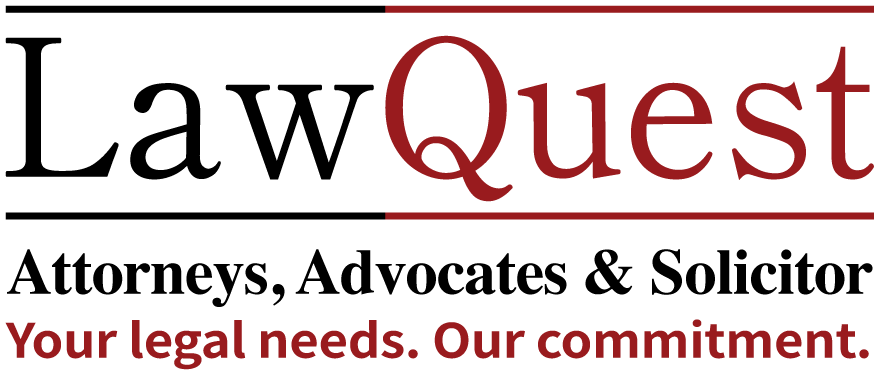Since January 2023, H-4 and L-2 extension applications submitted alongside the principal beneficiary’s H-1B or L-1 petitions have been processed concurrently with the primary petitions. This practice was implemented under the terms of the November 10, 2021, legal settlement in Shergill v. Mayorkas, known as the Edakunni settlement.
Over the past two years, this agreement streamlined visa extensions for dependents. However, post-January 2025, this will change as the settlement expires on January 18, 2025. Applicants and employers must then prepare for potential delays and adjust their strategies. Here’s an overview of the anticipated changes, their implications, and steps to navigate the transition effectively.
Understanding the Edakunni Settlement
In January 2023, the Edakunni settlement significantly improved the processing of H-4 and L-2 visa applications by addressing long-standing delays and streamlining procedures. Key advancements included:
- Concurrent Adjudication: USCIS as a courtesy bundled H-4 and L-2 applications (Forms I-539 and I-765) with the primary H-1B or L-1 petition (Form I-129), ensuring simultaneous processing and faster outcomes.
- Reduced Wait Times: Dependent applications were approved within one to two months of the principal’s petition, a marked improvement from the previously lengthy delays.
- Streamlined Process: The temporary waiver for certain biometric requirements simplified the application process further.
Changes Effective Post January 18, 2025
With the expiration of the Edakunni settlement we should be prepared for the following changes:
- Extended Processing Times: USCIS will no longer adjudicate H-4 and L-2 applications concurrently with the principal’s petition, potentially causing approval delays of several months.
- Reinstated Biometrics: Applicants may again need to provide new biometrics with each H-4 and L-2 application, adding steps to the process and prolonging wait times.
- Uncertainty for Pending Cases: It is not clear how the USCIS will adjudicate applications filed before January 18, 2025, but still pending after this date.
Expected Changes to H-4 and L-2 Policies
Future adjustments to H-4 and L-2 visa processing may include:
- Premium Processing for Dependents: The Biden administration proposed extending premium processing to Forms I-539 and I-765 for dependents. However, we are not certain these will be implemented under the new Trump administration.
- Re-evaluation of Automatic Work Authorization: The Trump administration may also reconsider policies that were introduced under President Biden, which granted automatic work authorization to L-2 spouses. L-2 spouses will need to apply for employment authorization if this policy changes.
With the approaching January 18, 2025, deadline and anticipated changes under the Trump administration, it is important to be vigilant and stay informed.
